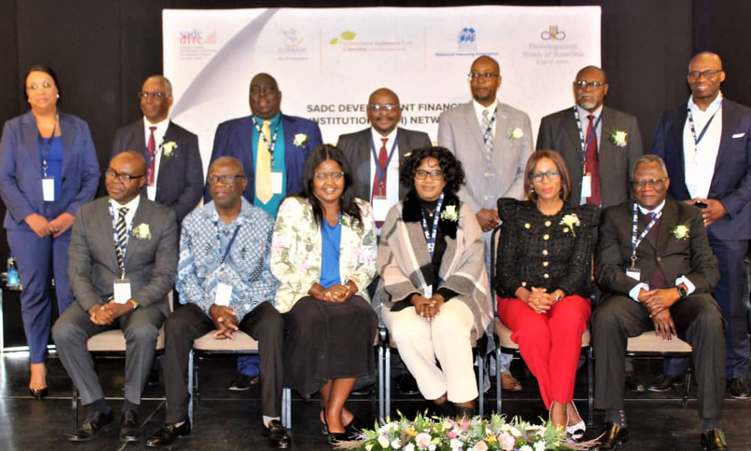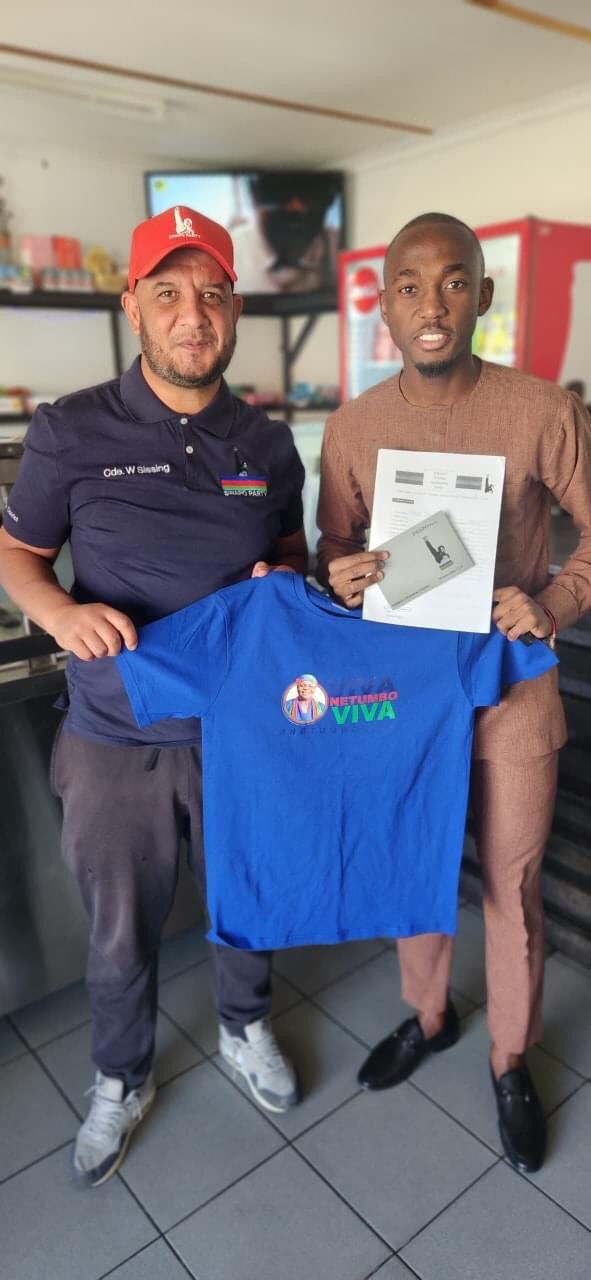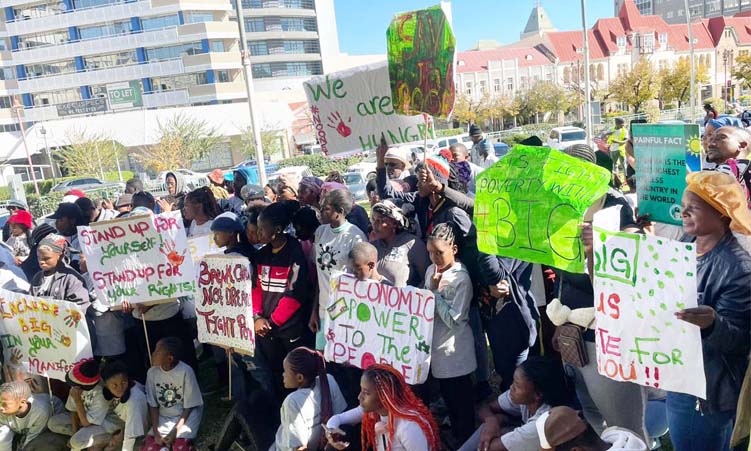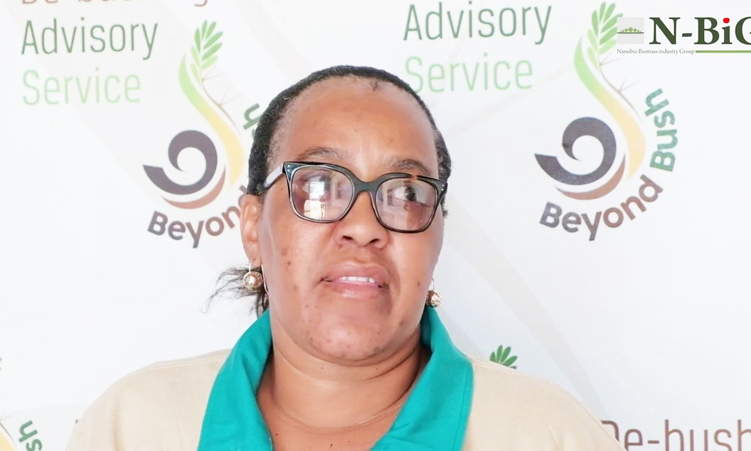A clarion call was issued to Development Finance Institutions (DFIs) during the 2023 Southern African Development Community-DFIs (SADC-DFIs) network forum currently being held at Swakopmund to catalyse economic activities crucial for tackling high unemployment rates in the SADC region.
This call was made by Erongo governor Neville Andre, as well as other leaders at the forum.
Highlighting the challenges the region still faces, Andre underscored the high rates of unemployment, particularly among the youth, and the prevalence of people living in deplorable conditions due to a lack of income.
“Opportunities to industrialise and create employment are to be unlocked with the kind of deliberations you are engaging in at a platform like this,” he told the chief executives of various DFIs.
Andre expressed his hope for increased development financing for socio-economic and environmental projects.
“Let’s aspire to . . . free our people from the jaws of poverty,” he said.
The governor said Walvis Bay handles about five million tonnes of cargo annually, indicating the region’s importance.
He highlighted the region’s multibillion-dollar oil storage facility, co-financed by the Development Bank of Namibia, Standard Bank and the African Development Bank, as an example of the region’s infrastructural capabilities and developmental milestones, and how this is foundational to socio-economic upliftment.
Deputy minister of finance and public enterprises Maureen Hinda-Mbuende addressed the challenges posed by the Covid-19 pandemic and the resulting economic downturn which has affected SADC’s integrated development agenda.
“Noticeably, this has created challenges for respective governments and kingdoms within SADC, due to the limited and continuously diminishing resource base.
“Therefore, now – more than ever – there is a greater need for inward looking in terms of how effectively and efficiently DFIs could deliver on their respective mandates,” she said.
Hinda-Mbuende underscored the need for innovation and strategic partnerships with the likes of other development partners, financial technology (fintech) platforms, and green climate finance mechanisms.
“With an innovative and consistent balancing act, SADC-DFIs will continue to spearhead socio-economic development,” she said.
Chief regional operations officer at the African Development Bank Lufeyo Banda emphasised the need for a balance between a developmental mandate and sustainability in the operation of DFIs.
He also warned that if DFIs rely heavily on commercial funding, the institutions may face the same market incentives and pressures as private institutions.
He advocated that DFIs prioritise developmental outcomes over financial returns.
“DFIs can achieve the balance between mandate and sustainability through various methods, including accepting lower than market rates of return, internal cross-subsidisation between profitable and less profitable sectors or projects, and through financial advantages of public funding and guarantees,” Banda said.
The SADC-DFIs network forum brings together DFIs, SADC governments, and other critical development stakeholders to share information and experiences on how DFIs have been able to mobilise appropriately priced (low-cost) capital to meet their developmental mandates and close existing market gaps, particularly in such sectors as small and medium enterprises and infrastructure development that, due to a number of factors such as high risk and long project gestation periods, have traditionally been shunned by commercial banks.
Stay informed with The Namibian – your source for credible journalism. Get in-depth reporting and opinions for
only N$85 a month. Invest in journalism, invest in democracy –
Subscribe Now!






